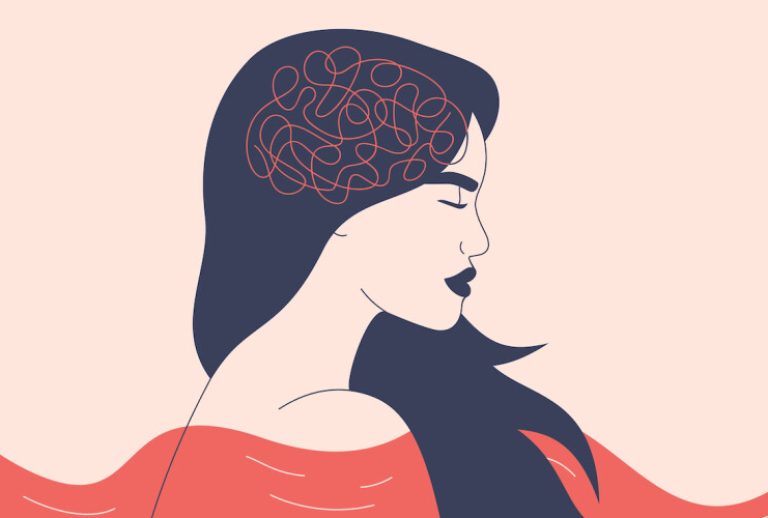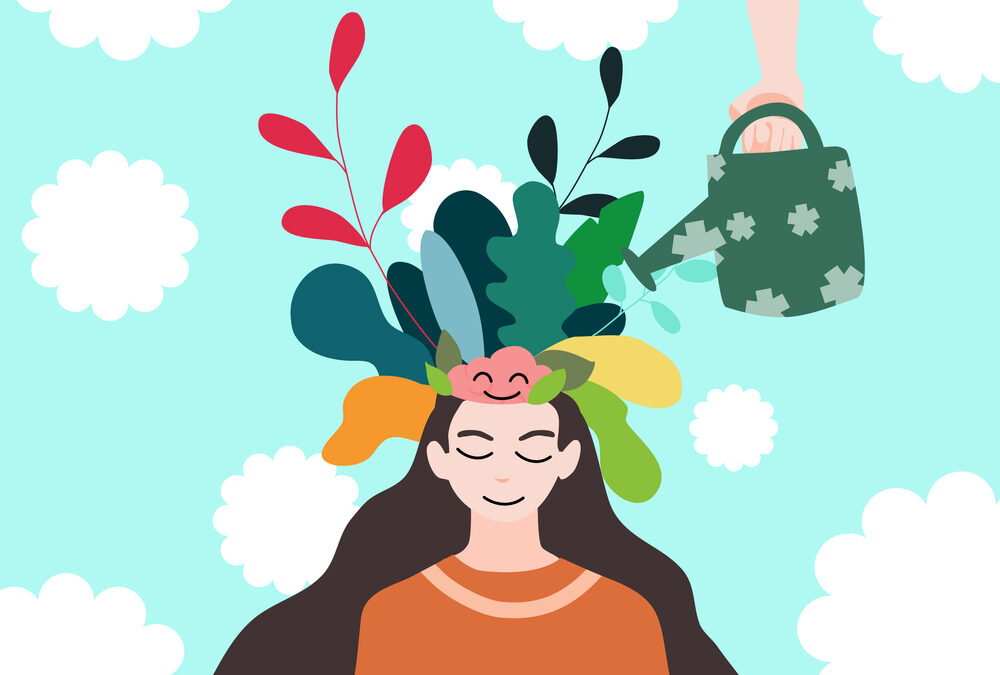Working with, befriending, and loving neurodivergent individuals has gifted me a profound appreciation for the diverse expressions of human emotion and cognition. Engaging meaningfully with neurodivergence enriches our personal growth and calls for more inclusive practices within the psychotherapy community and society at large. Quite frankly, I have been humbled by it and welcome greater insights.
Here are just a few of the five million reasons I respect and cherish neurodiversity:
1. Critical Thinking: One striking aspect of neurodivergence is the tendency toward independent critical thought. Free from the constraints of conventional dogma, we approach issues with fresh, innovative perspectives. This can range from the most innocuous social grace (why we say “I have to go” to end a phone call), to determining why we uphold relentless work as a source of value, identity, and worth, and how to create more mindful balance. This ability to question each element of a belief system enriches discussions and motivates us to dissect accepted norms. This deep, critical engagement is essential for dynamic personal and societal growth.
It is a badass quality – one which compels us to see differently, hear differently, speak differently, and advocate for a new vision of what could, and arguably should, be. It dissolves our complacency and humdrum compliance, replacing them with spirited debate. And we need to challenge and be challenged continuously to feel fully alive.
2. Values-Based Living: More than neurotypicals (“normies”), neurodivergent individuals are often strongly aligned with their personal values and ethics. These morals are the end results of active questioning and conscious reflection, because it isn’t second nature to act without thinking and follow without wondering why. This clarity guides action and promotes integrity, making us less likely to conform solely for social approval. In fact, this can create frustration in witnessing the small ways others compromise values for convenience.
Our authenticity and commitment to live in accordance with principles contribute to more genuine and meaningful relationships and interactions. Neurodiversity helps us say what we mean and mean what we say; congruence is key. Minor dishonesty, empty flattery, blanket agreement, and
evasive responses are more work than they are worth and therefore superseded by refreshing openness, frankness, and earnest sincerity.
3. Awareness and Insight: Neurodivergent individuals often exhibit a heightened awareness and attunement to our environments. This sensitivity can be a powerful tool, enabling a deeper comprehension of nuance in social dynamics and physical spaces that others might overlook. It promotes observation and expands our perception of what might be background noise for others. When something feels foreign, we take great pains to examine it and transform the mystery of the unknown into mastery over it. Implicit social rules and constructs are less likely to have this impact on normies, who can effortlessly and unconsciously mimic the verbal and nonverbal social patterns around them. Instead, we look. And when we look, we see.
4. Passion and Commitment: Such keen observation often extends to neurodiverse passions. When neurodivergent individuals engage with subjects of interest, our focus and persistence can be unparalleled. This does not inure us to distraction, but it does create special pockets of concentration. They can take control over us more than we can choose to control them and perseveration can be painful, unfortunately. But when we choose to capitalize on this cognitive hijacking, good things can happen. The drive to dive deep yields significant developments in a variety of fields, benefiting society at large. It takes patience and persistence, as well as innovation and an ability to see things at unconventional angles, in order to advance processes, products, and perceptions.
5. Creative and Intentional Empathy: Empathy and emotional insight also feature prominently in the neurodivergent population. Contrary to common misconceptions, most neurodivergent people are deeply empathic, connecting with others’ emotions in profound and nuanced ways. It is an embodied experience. This deep empathy can manifest in exceptional interpersonal bonds and creative outputs. We have been told that empathy “should” be expressed by very specific means; neurodivergence broadens that limited view and teaches us that empathy can be genuine and deep, going beyond a specific tone, word, or uniform approach.
6. Advancing Social Consciousness: Related to critical thought, questioning the ‘why’ behind social conventions and norms is a common trait among neurodivergent individuals. This critical evaluation is crucial; it forces us to reconsider why we do what we do and whether our actions align with our
goals and values. Through such inquiries, we can refine our understanding of what matters most in our personal and collective lives. Are we being fair? Are our actions just? Our decisions, rather than assumptive mimcry, can actually represent the outcome of conscious independent deliberation and true agency. It can be the bridge from status quo to societal growth.
7. Enduring Bonds and Acceptance of Others: In terms of relationships, the connections formed by neurodivergent individuals are often characterized by a depth and endurance that is both rare and invaluable. The approach to relationships is marked by a refreshing honesty and a disregard for superficial social niceties. This fosters stronger, more connected relationships based on mutual understanding and respect. Attachment bonds tend to run deeper and involve more frank and direct discussion, which can enhance conflict resolution, promote greater openness, and contribute to a resilience in addressing and managing potential disagreements. Also, with self-awareness of our own dSifferences, we are more accepting of difference and imperfection in others.
In conclusion, we must embrace neurodiversity as a source of enrichment. Unique perspectives can challenge societal norms and push the boundaries of what we consider optimal in our culture. It can make all of us more conscious and conscientious people.
In appreciating our broader community, it is essential that we acknowledge these contributions with respect and not objectify or “other” diverse expressions and ways of being. While I recognize that the qualities above are some experiences that I personally have associated with neurodivergence, they do not describe every individual. With humility, I realize the list is incomplete, biased, and can further a sense of difference or division. That is not my intention; my hope is to open the discussion for neurodivergent individuals to claim individual differences and commonalities and to speak, if they choose, for themselves. Feel free to reach out on our contact page to educate us about your experience.










